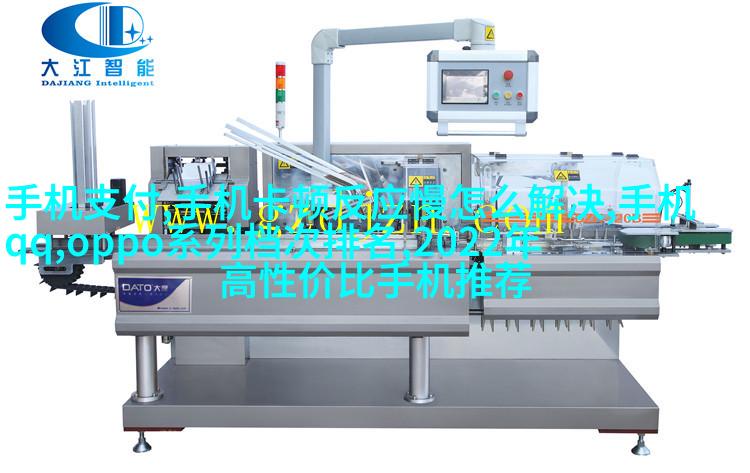不锈钢填料是干什么用?

在化学反应工程中,不锈钢填料扮演着至关重要的角色。它不仅能够提高反应效率,还能保护设备,延长其使用寿命。那么,不锈钢填料到底是怎么用的呢?让我们从了解它的基本特性开始。
不锈钢填料的选择与特性

首先,我们需要了解如何选择合适的不锈钢材料。这通常取决于所处理的介质和预期的应用环境。不锈钢是一种耐腐蚀性的金属材料,其表面被一层薄厚均匀、坚固且具有良好防护性能的氧化膜覆盖,这使得其能够抵抗酸碱溶液、盐水和其他强腐蚀剂对其造成破坏。在选择时,我们还需要考虑到填料粒度大小以及形状,以确保它们能够有效地混合和传递热量。
不锈钢填料在催化剂中的作用

在催化剂制备中,不锈steelfillerplay a crucial role in enhancing the mass transfer and heat transfer processes. The small particle size of the filler allows for increased surface area, which facilitates faster reaction rates and improved catalyst activity. Additionally, the high thermal conductivity of stainless steel ensures efficient heat dissipation, preventing overheating and deactivation of the catalyst.
不锈steelfilling物质与介质接触

When it comes to material contact with corrosive substances, not just any metal will do. Stainless steel fillers are specifically designed to withstand harsh environments without compromising their structure or function. This makes them ideal for applications involving acidic or alkaline solutions, as well as those that involve exposure to high temperatures or pressure.
使用不锈鋼製成的人工沉淀器

Artificial sedimentation tanks made from stainless steel are another common application for these versatile fillers. By using a combination of stainless steel plates and mesh screens, engineers can create efficient sedimentation systems that effectively remove impurities from liquids while minimizing corrosion risk.
不鏽鋼製成的人工加熱器與冷卻器
Heat exchangers play a vital role in many industrial processes by transferring heat between fluids at different temperatures. Not only do they help maintain optimal operating conditions but also increase efficiency by reducing energy consumption. Stainless steel fillers contribute significantly to this process by providing excellent thermal conductivity and resistance against corrosion.
保护设备:减少维护成本
The use of stainless steel fillers is not limited to improving reaction efficiency; it also helps protect equipment from damage caused by corrosive substances or environmental factors such as moisture or dust buildup over time. As a result, maintenance costs can be significantly reduced due to less wear on machinery components and fewer repairs required over its lifespan.
总结来说,不锈steelfilleris an essential component in various chemical engineering applications due to its unique properties such as resistance against corrosion and high thermal conductivity making it suitable for diverse industries including petrochemicals manufacturing pharmaceuticals production food processing textiles dyeing paper bleaching wastewater treatment among others Its usage extends beyond catalytic converters artificial sedimentation tanks heat exchangers oil refining petroleum refining power plants nuclear reactors pulp mills cement plants mining operations water purification plant biological wastewater treatment plants etc The versatility strength durability cost-effectiveness make non-ferrous metallic materials highly sought after across numerous sectors where cleanliness purity safety quality matter most